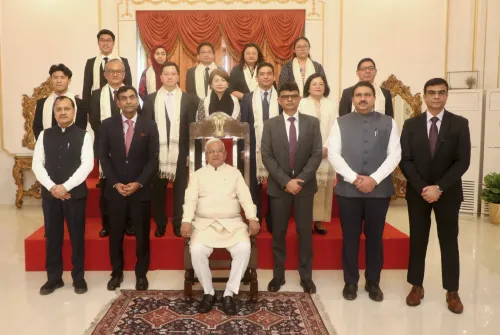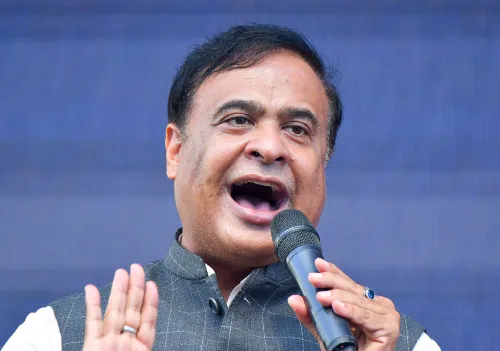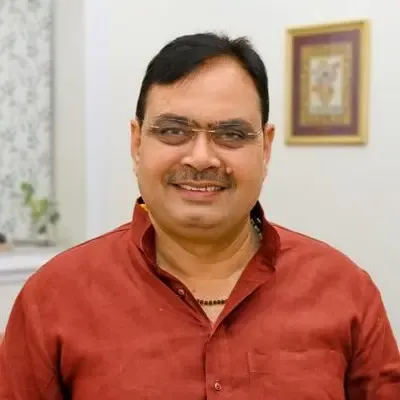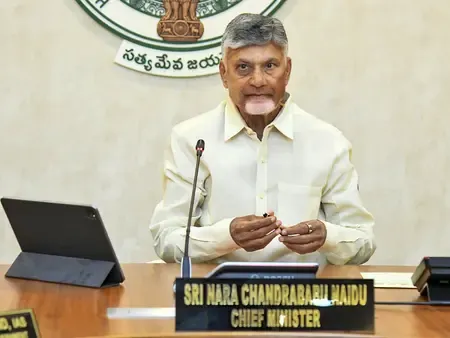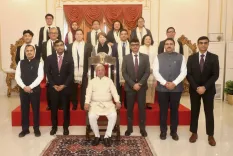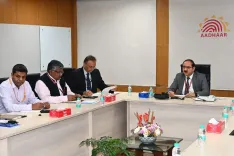What Key Bilateral Issues Did Bangladesh’s Advisor Discuss with NSA Doval?
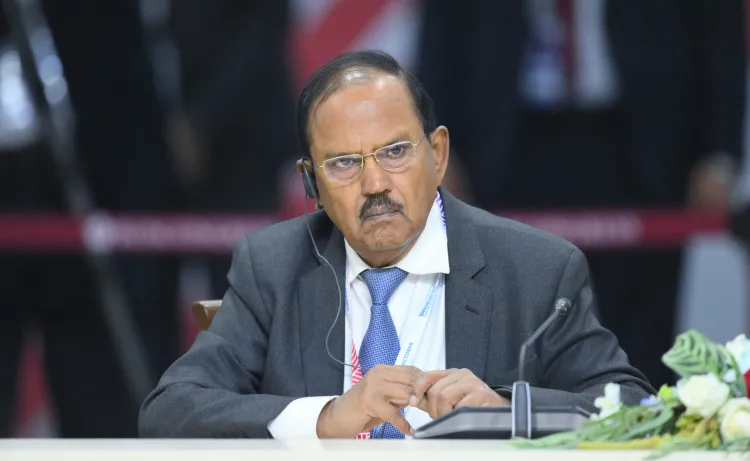
Synopsis
Key Takeaways
- Bilateral discussions between Bangladesh and India are crucial for regional stability.
- Extradition requests highlight ongoing political tensions in Bangladesh.
- The meeting reflects geopolitical interests of both nations.
- India's response emphasizes its commitment to neighborly relations.
- Future dialogues can shape security frameworks in the region.
New Delhi, Nov 19 (NationPress) The National Security Advisor (NSA) of Bangladesh, Khalilur Rahman, met with his Indian counterpart, Ajit Doval, for a significant discussion in New Delhi on Wednesday, as reported by the media in Dhaka.
This meeting arises in the context of Dhaka's renewed requests for the extradition of former Prime Minister Sheikh Hasina, following a death sentence verdict issued against her by the International Crimes Tribunal (ICT) in Bangladesh earlier this week.
Through a message on X, the Bangladesh High Commission in New Delhi stated, "The Bangladeshi delegation, led by NSA Dr. Khalilur Rahman, attended the Seventh NSA-level Meeting of the Colombo Security Conclave (CSC) and engaged with Mr. Ajit Doval and his team in Delhi. The discussions focused on the CSC's initiatives and crucial bilateral topics. Dr. Rahman extended an invitation to Doval for a visit to Bangladesh at his convenience."
The 7th NSA meeting of the Colombo Security Conclave is confirmed to take place in New Delhi on Thursday, as per the Ministry of External Affairs (MEA).
NSA Doval is set to host his counterparts from member nations, including Maldives, Mauritius, Sri Lanka, and Bangladesh. Seychelles will be participating as an Observer State, while Malaysia has been invited as a Guest.
As reported by the Bangladeshi media outlet UNB, Rahman arrived in New Delhi on Tuesday night on Doval's invitation to participate in the CSC.
In response to a query about whether Rahman would address the extradition issue with India, Foreign Affairs Adviser Md Touhid Hossain remarked, "I prefer not to interfere with the agenda he has set."
On Monday, the ICT sentenced former Prime Minister Hasina to death after finding her guilty of crimes against humanity related to protests in July of last year. Two of her top aides received sentences as well, with former Home Minister Asaduzzaman Khan Kamal sentenced to death and former Inspector General of Police Chowdhury Abdullah Al-Mamun, who testified for the state, receiving five years' imprisonment.
Dhaka has urged New Delhi to promptly extradite Hasina and Kamal, asserting that this action is India's treaty-bound duty.
Following the ruling, India acknowledged the verdict delivered by the so-called 'International Crimes Tribunal of Bangladesh' concerning Sheikh Hasina, emphasizing its commitment to the welfare of the Bangladeshi populace, particularly in terms of peace, democracy, inclusion, and stability.
"As a close neighbour, India remains dedicated to the interests of the people of Bangladesh, including peace, democracy, inclusion, and stability. We will continue to engage constructively with all relevant parties to achieve these goals," stated a declaration from the Ministry of External Affairs regarding the recent verdict in Bangladesh.

